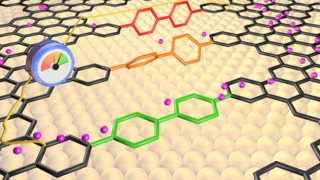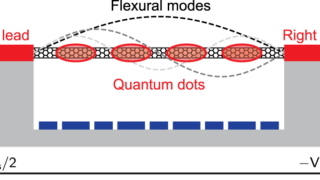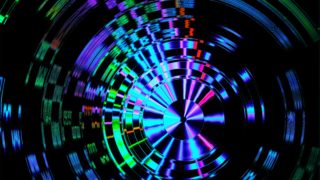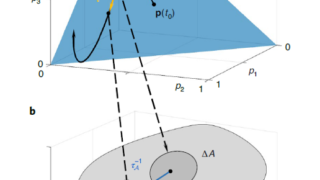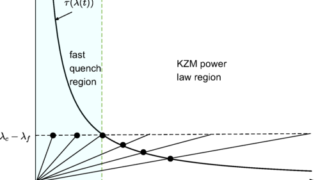
Universal power-law Kibble-Zurek scaling in fast quenches
Thomas Kibble’s research on phase transitions and topological defects is most significant. Actually, the Kibble-Zurek mechanism (KZM) is a paradigmatic theory to describe the dynamics across both classical continuous phase transitions and quantum phase transitions. The Kibble-Zurek mechanism describes the non-equilibrium dynamics and the formation of topological defects in a system which is driven through […]
